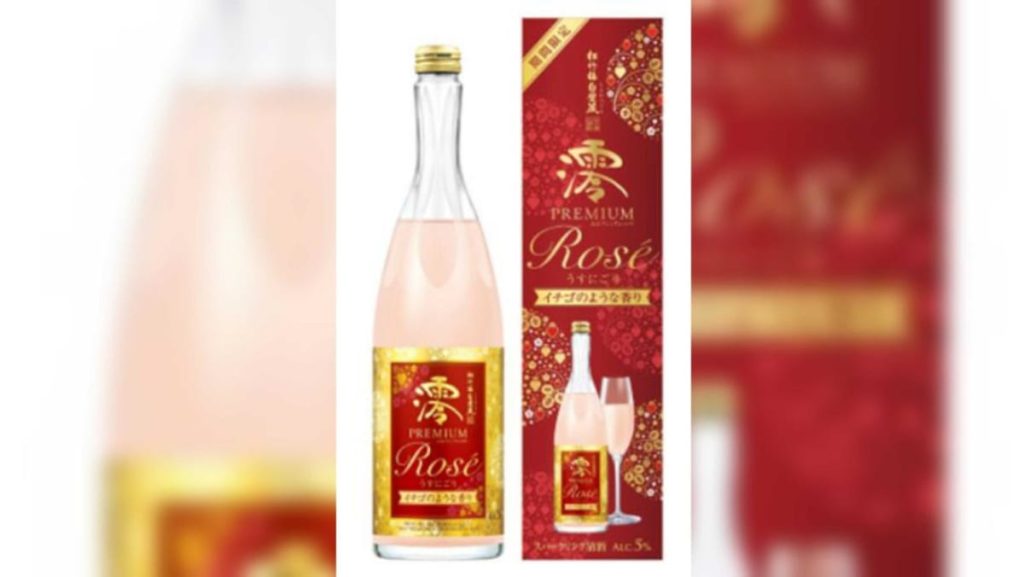day. The tainted products, produced by a subsidiary of the pharmaceutical company Rohto Pharmaceutical Co., contain a prohibited stimulant that can cause liver damage and other serious health problems. The health ministry has issued a warning to consumers to stop using the supplements immediately and seek medical attention if they experience any adverse effects. The scandal has also raised questions about the regulation and oversight of dietary supplements in Japan, with critics calling for stricter controls to prevent similar incidents in the future.
The tainted dietary supplements have become a major concern in Japan, with reports of hospitalisations continuing to increase. In addition to the 157 cases confirmed so far, there have been reports of a further 1,100 people experiencing health issues after taking the products. The stimulant in question, called 1,3-dimethylamylamine or DMAA, is known to have harmful effects on the liver, heart, and other organs. The health ministry is working to identify all the individuals who have been affected by the tainted supplements and provide them with appropriate medical care.
The scandal has caused widespread panic among consumers in Japan, many of whom have stopped taking dietary supplements altogether. This has had a significant impact on the industry, with sales plummeting and companies facing financial losses. In response, the government has announced plans to tighten regulations on dietary supplements, including stricter labelling requirements and more rigorous safety testing. Critics argue that these measures are long overdue and that the government should have been more proactive in preventing the sale of dangerous products.
The health scare has also raised concerns about the growing popularity of dietary supplements in Japan, with many consumers turning to these products as a way to improve their health and well-being. While supplements can be beneficial when used correctly, experts warn that they can also be harmful if misused or if they contain dangerous ingredients. The scandal has highlighted the need for consumers to be more vigilant when choosing and using dietary supplements, and for regulators to do more to ensure the safety and quality of these products.
The incident has also prompted a broader discussion about the regulation of the pharmaceutical industry in Japan, with critics pointing to a lack of transparency and accountability in the sector. Some have called for greater oversight of pharmaceutical companies and stricter penalties for those found to be selling dangerous products. The scandal has exposed weaknesses in the current regulatory framework and raised questions about the effectiveness of government agencies in protecting public health. There are calls for a comprehensive review of the regulatory system to prevent similar incidents from occurring in the future.
In conclusion, the health scare surrounding tainted dietary supplements in Japan has sparked a national debate about the safety and regulation of these products. The incident has exposed serious flaws in the current system and highlighted the need for stricter controls to protect consumers from harmful substances. The government’s response to the scandal will be crucial in restoring public trust and ensuring the safety of dietary supplements in the future. The incident serves as a wake-up call for consumers to be more cautious when using supplements and for regulators to take a more proactive approach to monitoring the industry.


